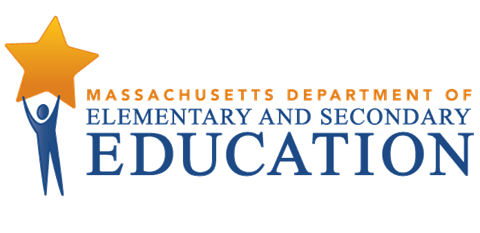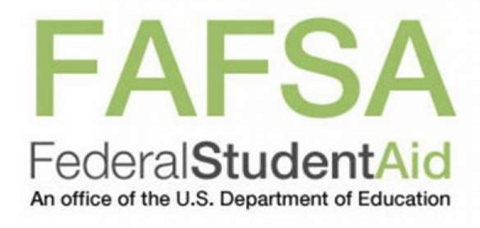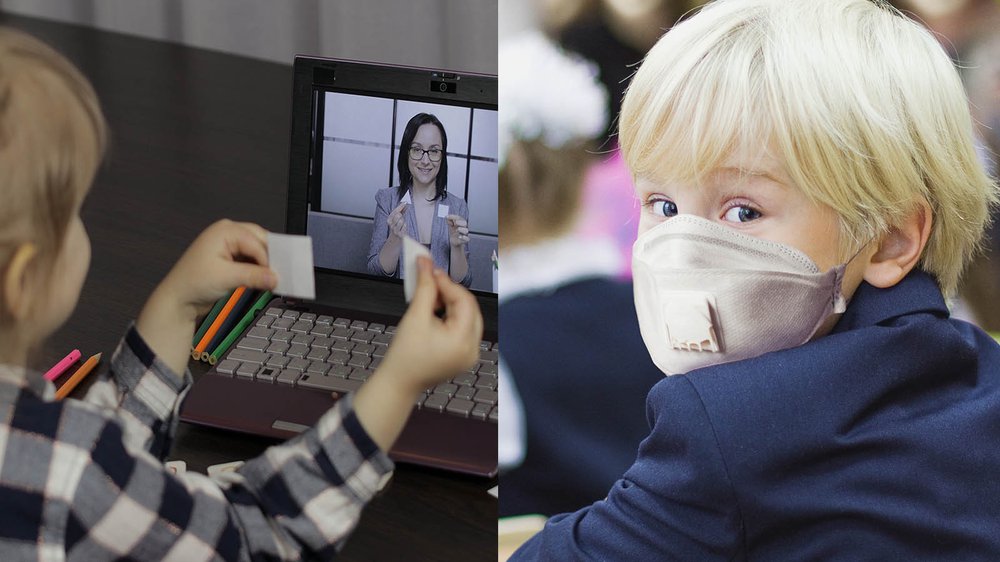What remote learning will look like this fall for Massachusetts students as state reveals new guidelines – By Michelle Williams, MassLive
Remote learning for school-aged children this fall will look significantly different from remote learning offered by Massachusetts school districts this past spring.
The Massachusetts Department of Elementary and Secondary Education released guidance Friday regarding remote learning.
Commissioner of Elementary and Secondary Education Jeffrey C. Riley emphasized that while top education officials want as many students as possible returning to classrooms, remote learning must be offered to all.
“The Initial Fall School Reopening Guidance requires districts and schools to prepare a plan that includes three learning models: in-person learning with safety requirements, a hybrid model of in-person and remote learning, and a plan for full-time remote learning,” guidance issued Friday states. “Remote learning will be necessary for students who will not be attending school in-person, as part of a hybrid learning model, and in case changing COVID-19 conditions require a shift to full remote learning as determined by local and state leaders.”

Report examines the impact of mandatory FAFSA policies – By Hallie Busta, Education Dive
While policies making FAFSA completion mandatory are a hot topic in college access, there is much to learn about how they play out, the authors explain.
They point to Louisiana, the only state to fully implement the requirement, as an example. One in three public high schools there had FAFSA completion rates of 65% or more before the policy was implemented, compared to four in five now. And the FAFSA completion difference between low- and high-income school districts closed by more than seven percentage points in a year as a result of the change.
Nationally, challenges remain. Those include requiring parents to sign off on the form, and related technological issues, as well as the selective vetting of applications requiring documentation that students might not have ready access to. Earlier FAFSA filing deadlines could give students more time to track down missing information, the authors note.
Even before the pandemic, research showed that college students entering from high school were leaving billions of financial aid dollars on the table. Reasons for not applying for the money include thinking their family could afford college without the money, believing they didn't qualify and not having enough information about how to complete a FAFSA.

Miami-Dade Schools Prepare for Online Learning, Tentatively Plan for October Reopening – By Ari Odzer, Miami Dade Public Schools
Just two weeks ago, Miami-Dade Public Schools Superintendent Alberto Carvalho said he was hopeful there was still time for Florida's coronavirus outbreak to deescalate enough to physically reopen schools.
Apparently, time has run out. During Wednesday afternoon’s school board meeting, Carvalho announced schools would reopen a week late, on August 31st, and all instruction would be online.
The school district showed a video of classrooms set up for distancing, with desks spread apart, and strict sanitizing protocols ready to go. But Miami-Dade County’s COVID positivity rate is 17%, way above the minimum target rate of 10%.
“We are ready to resume schooling, our teachers are ready, our principals are ready, our students are ready, I believe our parents are ready," Carvalho said. "Unfortunately, our community is not."
All students will start the year with distance learning, but it won’t be the same experience students had at the end of last school year. The district is using a new platform called My School Online, which officials say is more user-friendly, more effective, and holds both students and teachers accountable.

S.C. receives $15M Rethink K-12 Education grant – From WMBF News
South Carolina has received over $15 million in funding for the Rethink K-12 Education Models Grant, state education leaders announced.
According to a press release from the S.C. Department of Education, the approximately $15,049,608 is from the U.S. Department of Education as part of the Coronavirus Aid, Relief, and Economic Security Act.
“The emergency remote learning that took place as a result of COVID-19 school closures brought to light disparities in our school communities that made student learning difficult in the pandemic environment,” said state superintendent Molly Spearman. “The Rethink K-12 grant will allow our state to address and overcome these challenges not only in the upcoming school year but also in the long term.”
Congress set aside 1% of the $30.75 billion allotted to the Education Stabilization Fund through the CARES Act for grants to states with the highest coronavirus burden, the release stated. The U.S. Department of Education announced the Rethink K-12 Education Models grant competition in April 2020, inviting any state educational agency to apply.












